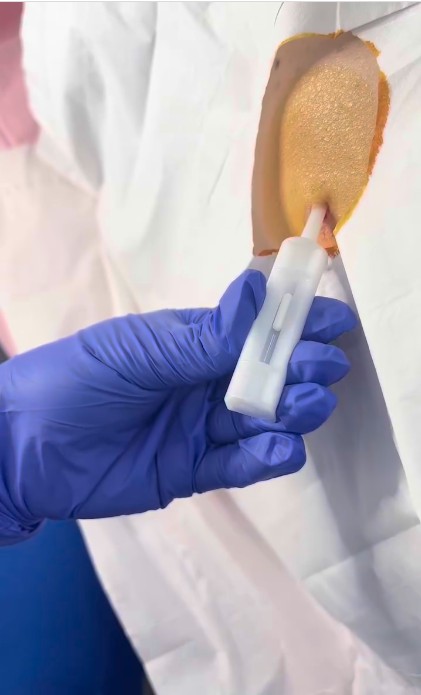Hormone Replacement Therapy (HRT) is a medical treatment that restores balance to hormone levels that naturally decline with age. By supplementing estrogen, progesterone, and sometimes testosterone, HRT helps relieve uncomfortable symptoms of menopause and perimenopause while supporting long-term health, vitality, and overall quality of life.

HRT involves the controlled administration of hormones in bioidentical or synthetic form. These hormones can be delivered through oral tablets, patches, creams, gels, injections, or small implants placed under the skin. The therapy is personalized to each patient, targeting specific imbalances and needs.
Reduces hot flashes, night sweats, and mood swings
Improves vaginal health and alleviates dryness or discomfort
Supports bone density and lowers the risk of osteoporosis
Enhances sleep quality and daily energy
Improves skin hydration and elasticity
Can boost libido and sexual well-being
Since HRT works systemically, it provides benefits throughout the body, most commonly used for:
Menopause and perimenopause management
Hormonal imbalances due to aging or surgery (e.g., hysterectomy)
Preventing complications from long-term hormone decline
Treatment begins with a detailed consultation, including blood tests and a full medical evaluation. Your provider then creates a personalized plan using the most appropriate delivery method. HRT is monitored closely, with regular check-ups to adjust dosages and ensure safety.
Patients may begin noticing improvements in sleep, energy, and mood within weeks. Relief from menopausal symptoms often becomes more noticeable after consistent use, with long-term benefits including stronger bones, healthier skin, and improved overall wellness.
Attend regular follow-up visits and lab tests to monitor hormone levels
Maintain a healthy lifestyle with exercise and balanced nutrition
Report any unusual symptoms, such as breast tenderness or swelling
Follow your provider’s instructions for consistent and safe results
HRT is ideal for women experiencing significant menopausal or perimenopausal symptoms that interfere with daily life. It is also beneficial for women at increased risk of osteoporosis or those who have undergone surgical menopause.
HRT is not recommended for individuals who are:
Pregnant or breastfeeding
Diagnosed with breast, ovarian, or uterine cancer
Experiencing unexplained vaginal bleeding
Having a history of blood clots, stroke, or severe liver disease
Allergic to hormone therapy components